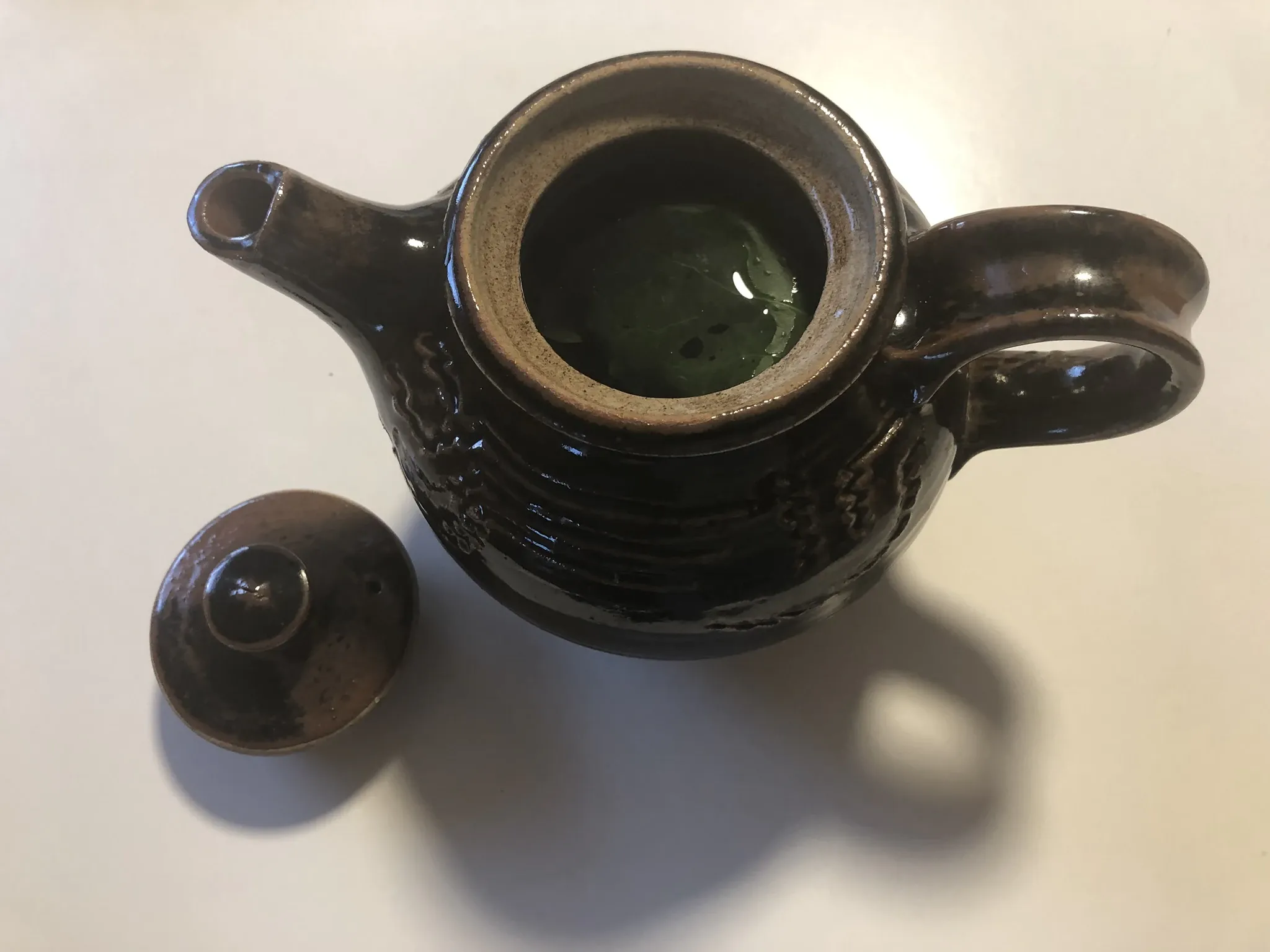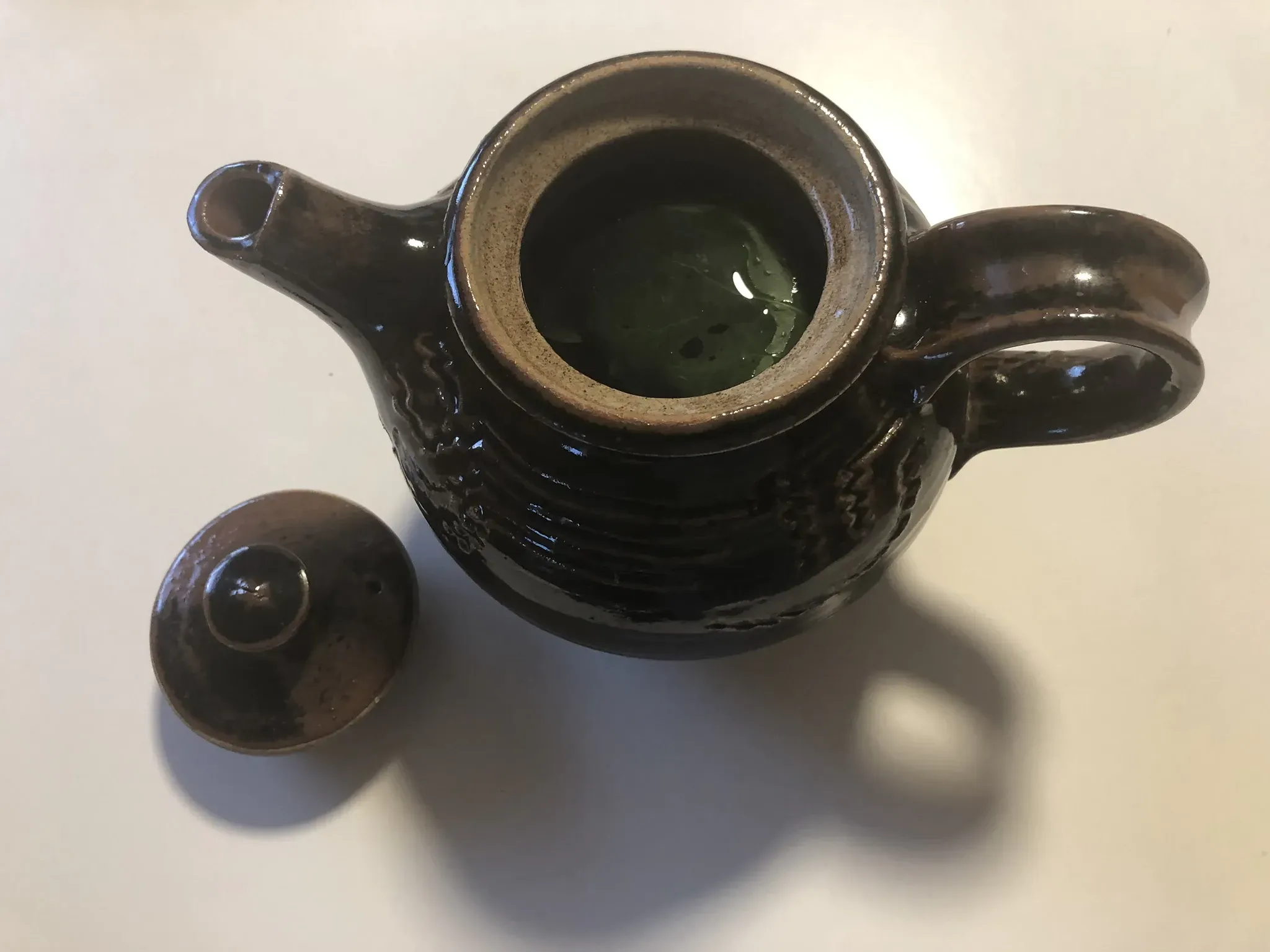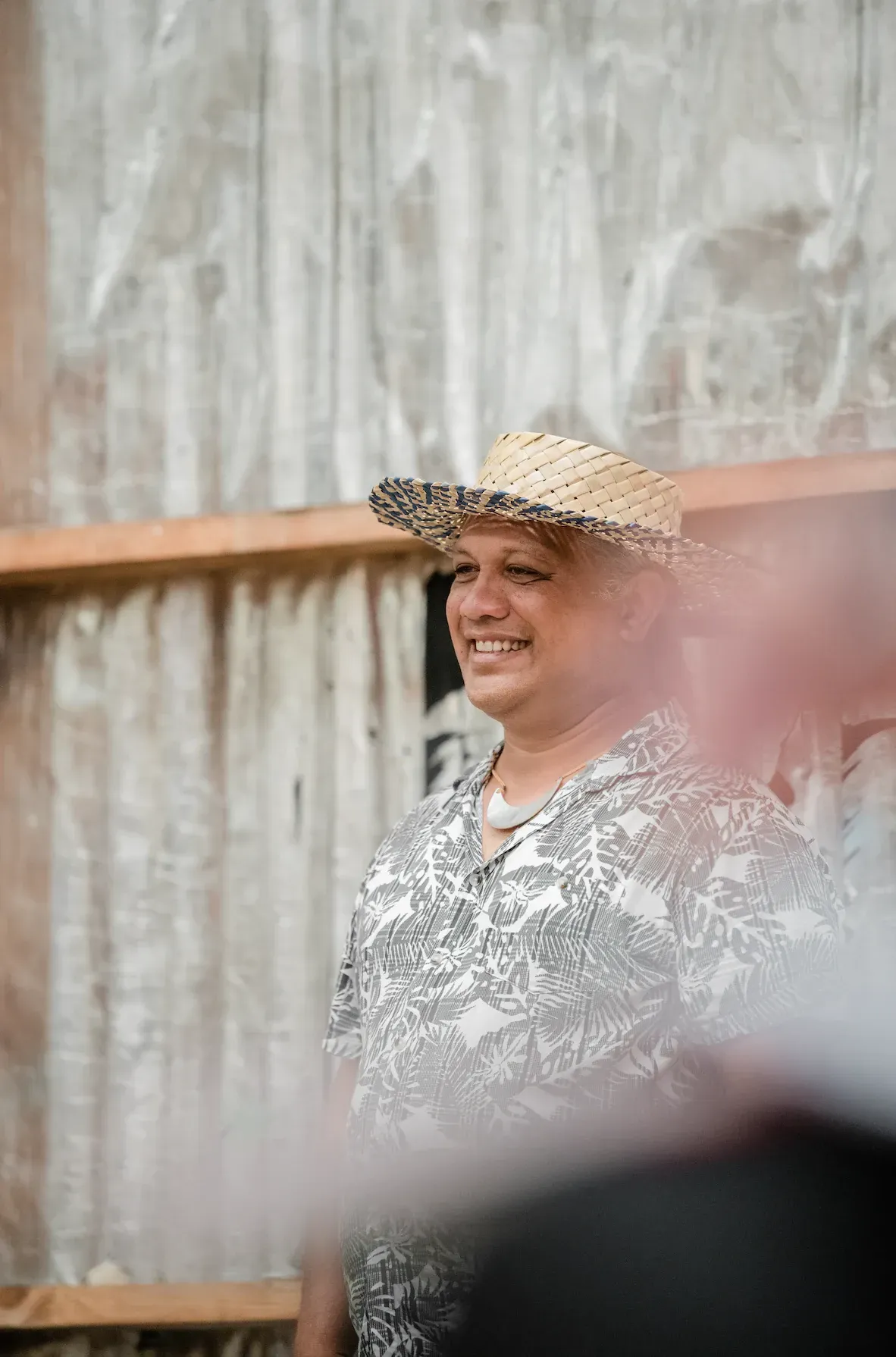"Tokenism in Full Force" - My Take on Lorde's Album
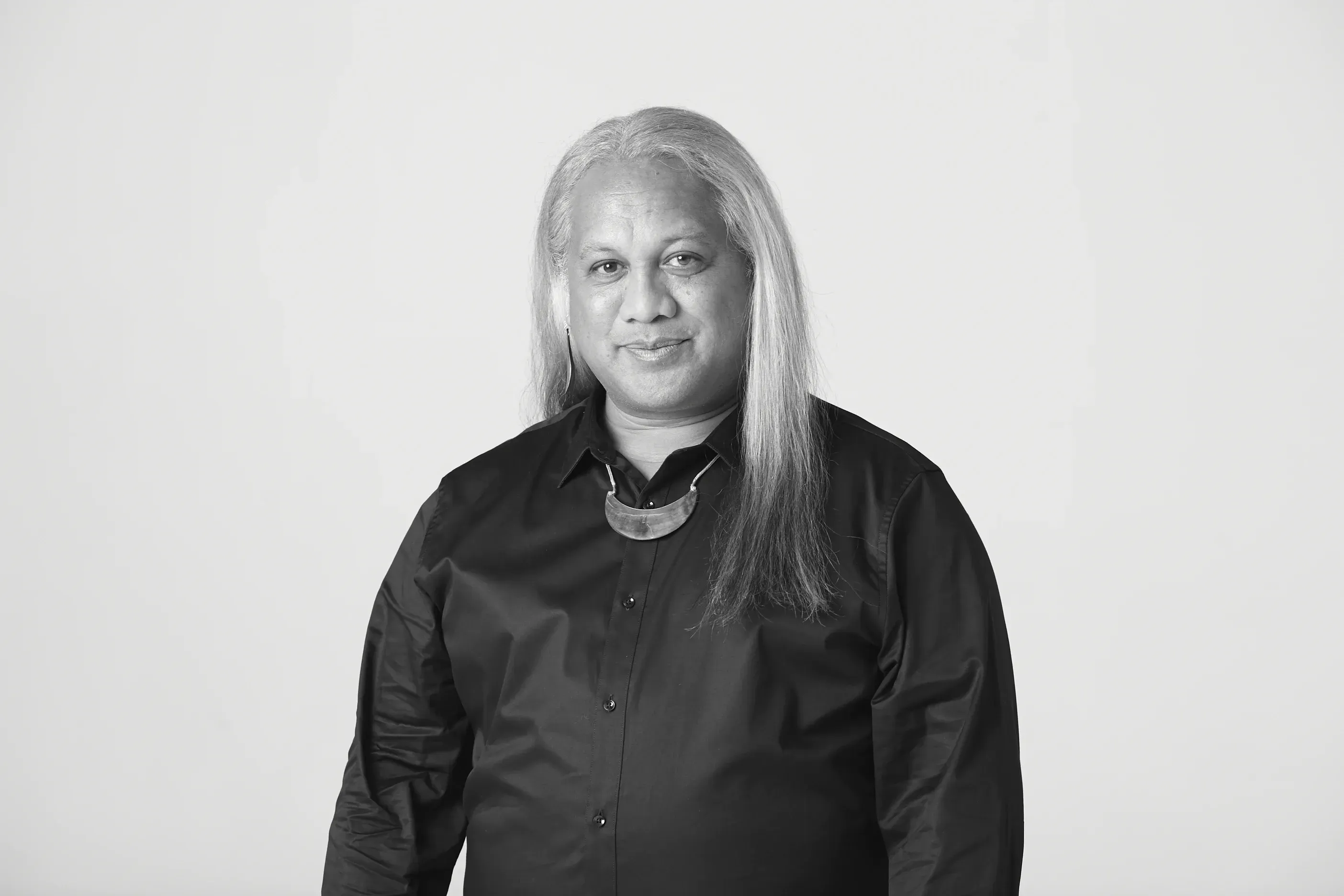
Highly respected Māori performer and choreographer and current Artistic Director at Atamira Dance Company, Jack Gray has a reputation for being strong - in ability, in character and in integrity. He’s taken to social media to express his views on one of the biggest stories in the entertainment industry - from an important perspective. Jack has given The Big Idea permission to publish it here.
Tea for two - my thoughts on the Lorde album
This morning, in the darkness, as Te Po shrivels away and the light of Te Ao Marama curves through in a dark blue gaze, I think about the fact that yes, I am again inhabiting this physical form of my body.
A blend of DNA with a 90% high concentration of Polynesian genes. The last 10% a mix of Melanesian, Japanese/Korean, Italian/Finnish, Scandinavian. Literally we were told growing up that we had a “Scottish grandfather” somewhere but the read out is more diverse. There is no British in me. But more than that, I am inhabiting the physicality of the intangible proof of my Māoridom.
Yep, same shit different day.
That feeling of inner strength I summon to push myself forward in a world that doesn’t remember it colonised me. And the grace to accept that and inhabit the other body I have had to cultivate. That of a cultural advocate. Yes, please, like us. We are amazing, multi-faceted, deep thinking, innovative and spiritually conscious human beings.
I know our language is hard for Pākeha to pronounce correctly, and yes, most Māori are also unable to speak the language. Hell, most Māori haven’t a clue where they come from and what that even means.
Why? Oh yeah. There’s a thing called history.
But don’t worry – apparently there’s a new curriculum coming in next year apparently addressing Aotearoa history in schools. Oh, what’s Aotearoa? Never mind, that’s a bit contentious and yeah, even though it was the first name given in these here islands a few good hundred years before some other random sailor named us New Zillund after the Old Zillund somewhere in Dutchland (stand by for the priority code).
But yes, as I was saying, the stream of consciousness, that one might even attribute to the notion of Te Ao Marama, or perhaps the world of light, or perhaps space of enlightenment, a moment of knowing, is what is flowing through my veins. My memory. My past, present, future.
The other night in lockdown, seeing as Mum isn’t cooking, I googled how to make a boil up – and copied the Filipino version cos it was more aligned to the recipes I’m used to following. My nephew messaged me after seeing the picture of me going to get boil up supplies in the rain, and he asked, “Uncle, is that puha?”. To which I said, “No its watercress from the shop – you’ll have to show me next time how to find puha”.
Yesterday on my walk, I stopped to pick kawakawa off the vine. I know you choose the leaves that have insect holes, I asked my friend on the phone if she knew why and she told me (after having watched her daughter’s online class teacher show the kids how to make kawakawa tea).
Living an urban Māori experience is my unique view on the world. It influences absolutely everything.
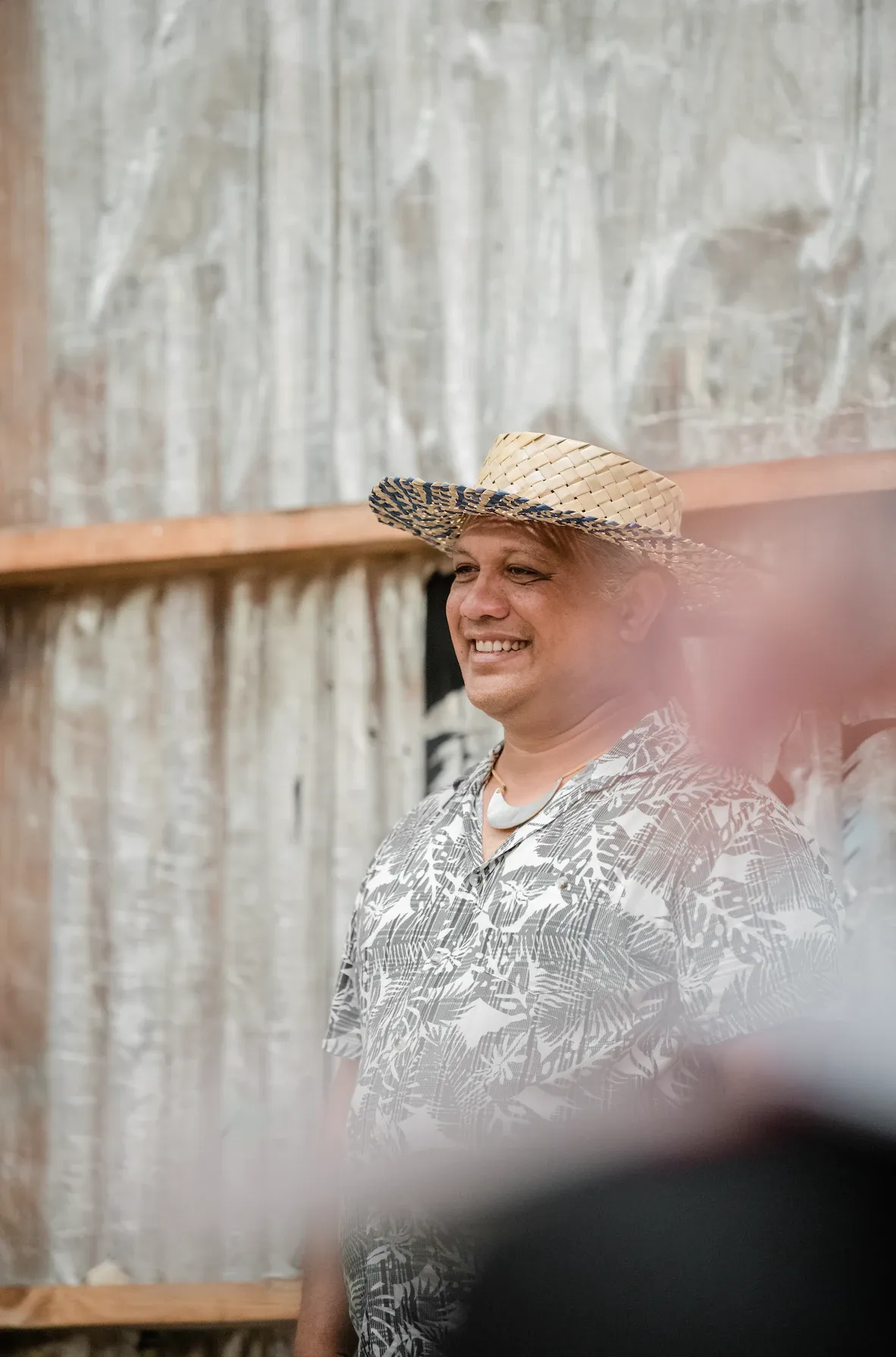
Jack Gray. Photo: Jinki Cambronero.
I have had to unlearn so much, to survive in this system. I’ve adjusted every part of me and my work in the world has been to address it. It’s a merry-go-round, where parts of you are wanted, other parts aren’t seen or heard, other parts are unrequired.
My Māoriness isn’t about a set way in the world. It can’t be because we don’t live in a Māori world without others. But it is about fluidity and adaptation.
And it’s here where misinterpretation occurs. And why it is again important to listen to one’s feelings, to trust our instincts and to do the work.
The work for me today, is to share my perspective of a happening. The happening is the release yesterday of an album by Lorde. The mini album is in Te Reo Māori, based off songs off her current album Solar Power. The title of the mini-album is Te Ao Mārama.
Next week is Māori Language Week. There is a buzz on social media. People are excited to support Māori language. There are articles from overseas media touting this bold move by Lorde, to embrace an Indigenous language.
There is a sense by many that sharing the language is a positive thing. There are absolute expert language consultants and collaborators onboard. The advocacy is for the language. The proceeds go to a cause. Lorde’s name is trending.
I have a brief personal story. This year I was approached by her company. A non-disclosure agreement at the time meant I never shared any of this. Long story short I was invited to choreograph all the videos to the album and to name the cost.
After some initial meetings to which they talked about her and for her, and I only chatted to her once. I was invited to submit some ideas after looking at the mood boards they had already done.
To be honest, I was uncomfortable.
I did not recognise the themes as coming from a perspective I was familiar with. It was a kaleidoscope of some shallow, self-centred, pop artist’s ponderings. She had little actual understanding of the way that her concepts were so white.
There’s no other way how to say it, so I won’t sugar coat.
The inherent whiteness was in the way she wanted to incorporate sun worshipping rituals and saving the world. But without any consciousness of the fact that these things belong to actual people, who are most likely struggling under the dominance of Western society. (Ironic)
I did the work of trying to find a strategy that I would feel remotely comfortable with and put the concepts forward. I was speaking solely to the company producers, who the more I talked and raised my concerns, they looked…. uncomfortable.
You see, even if you don’t tell white people their ideas are too white to even entertain, you can already see and feel the nervousness. They change colour. The guy started going red, his eyes were squinting, he started visibly shifting in his seat. The other guy was looking surprised and sort of…grim.
I kept saying that we don’t want to misappropriate, and that I would have to work in a way that I was used to, which is to get to know the talent and to work in the land (a tropical beach location) to be able to give glimpses of the ideas they wanted (a utopian community) without having to resort to stereotypes.
I could feel it wasn’t going well.
They weren’t there to listen to a Māori artist express his concerns. They wanted product. And they wanted Western product by a Māori name. It ended abruptly and the meeting was cut short.
I sent a follow-up email to settle the dust and explained that I was really interested in helping and we could chat some more. I sent a bunch of links to examples of my work assuming they just weren’t clearly understanding what I was trying to say.
The next day I get an email saying, “after some discussion we have decided to get another choreographer as Ella is used to working in a specific way”.
And that was that.
They asked me if I’d invoice them for the time spent on the calls already. I declined.
Later, I felt a sense of burden leave my body and knew I had dodged a bullet. The bullet being commercialism and record companies and (well-meaning) but ultra-privileged pop stars.
That isn’t my territory.
No, I work in the arts sector. (Cue tumbleweed).
I advocate for Māori dance. I talk to my people and encourage them to believe in themselves, their creativity, their capacity, their mana, their future.
We must strategise because we are not mainstream. Our livelihood hinges on our ability to convince others to believe that the knowledge we have is important.
So with yesterday’s album drop, I admit I was disappointed to see tokenism in full force.
From my personal experience, the record company couldn’t have given a flying fuck about my Māoriness. And yet oh so willing to row the waka onshore when it suited them.
The kicker is that the Māori involved in the project are idealists. They truly want Te Reo to be respected. I have no doubt as to the integrity they carry themselves with and the desires they have for a positive impact. I truly get that. My beef is not with them. It’s not with the intent to broaden Te Reo.
It is with the fabrication of the music industry which dress things up to market these ideas of empowerment back to the people who have already been taken from.
Lorde gets to manifest a vision that isn’t hers. It’s a collaboration in which her celebrity-tanga is the focal point. She will garner support from the masses. This album will cross boundaries and will gain new Māori listeners. People will justify her trying. Because a Pākeha who tries is far more deserving of support than a Māori who tries. Lorde will be understandably shitting her pants now because all she has to do is deliver the content that was spun for her.
But she won’t ever - ever - have to take anything on of the burden of Māoridom.
No, that will stay firmly with Māori, as we contest, and hold ourselves true to what we believe in.
I understand that these are polarising times. That much is clear.
But I don’t feel different today. As my Te Ao Marama looms, I know I will still be googling to see how many leaves of kawakawa one should put in a teapot.
I mean, there were some good inventions British people introduced, let’s be fair. (sips)
